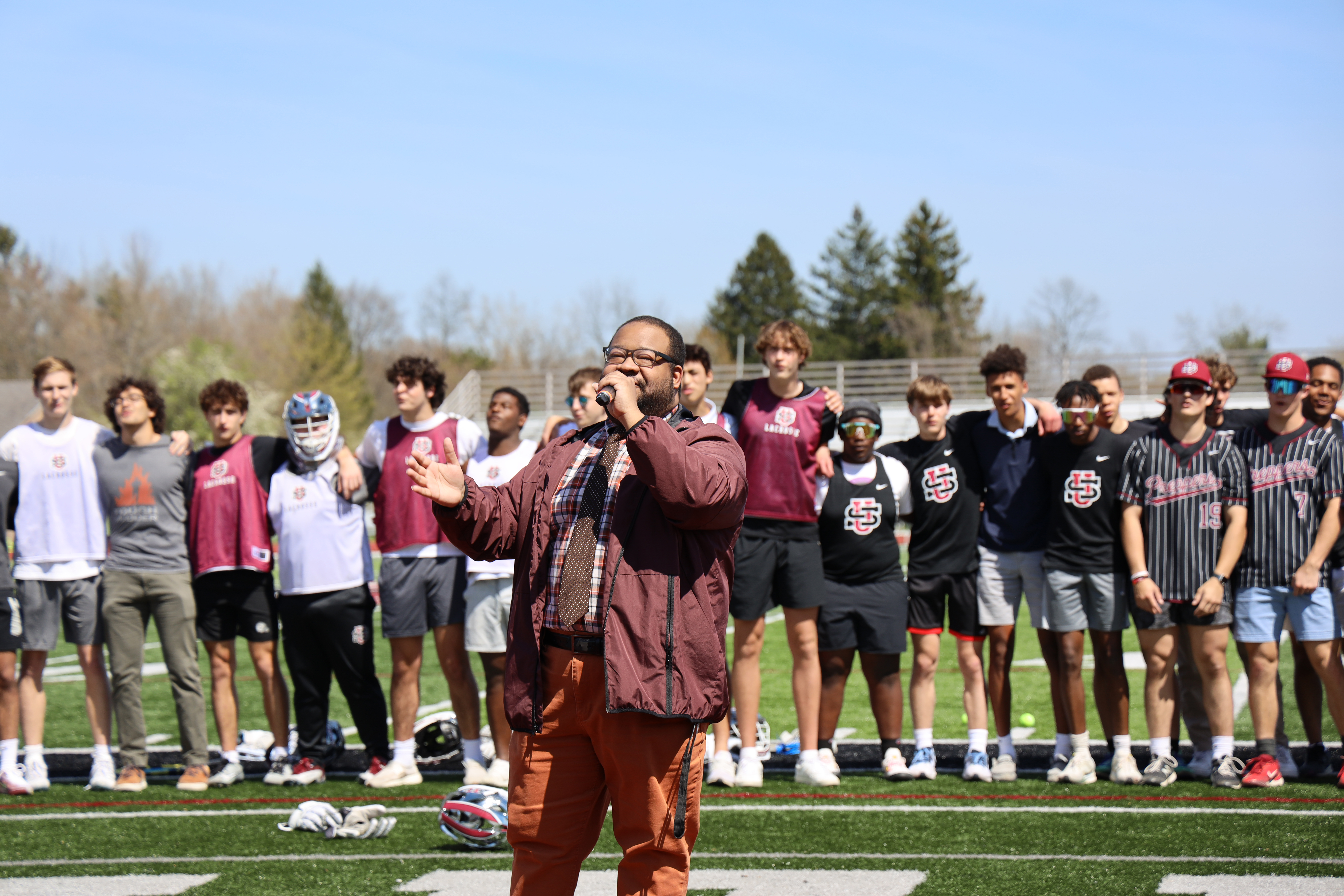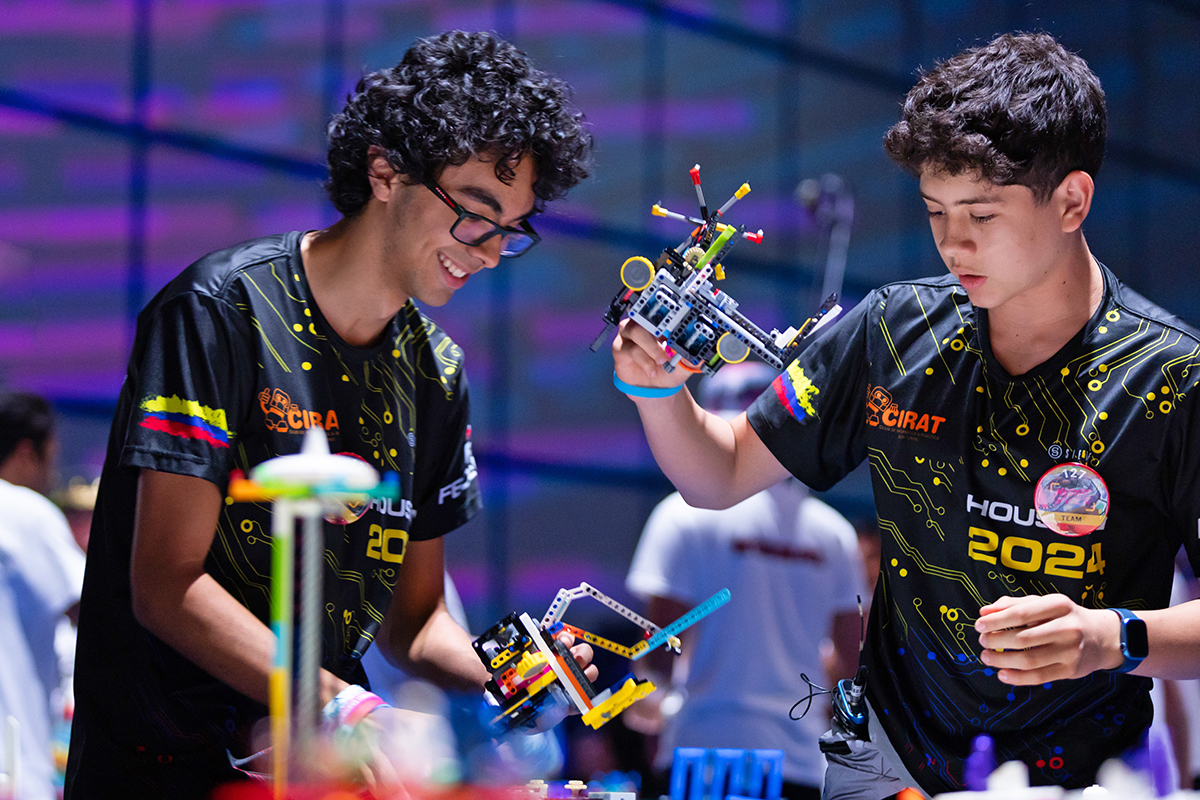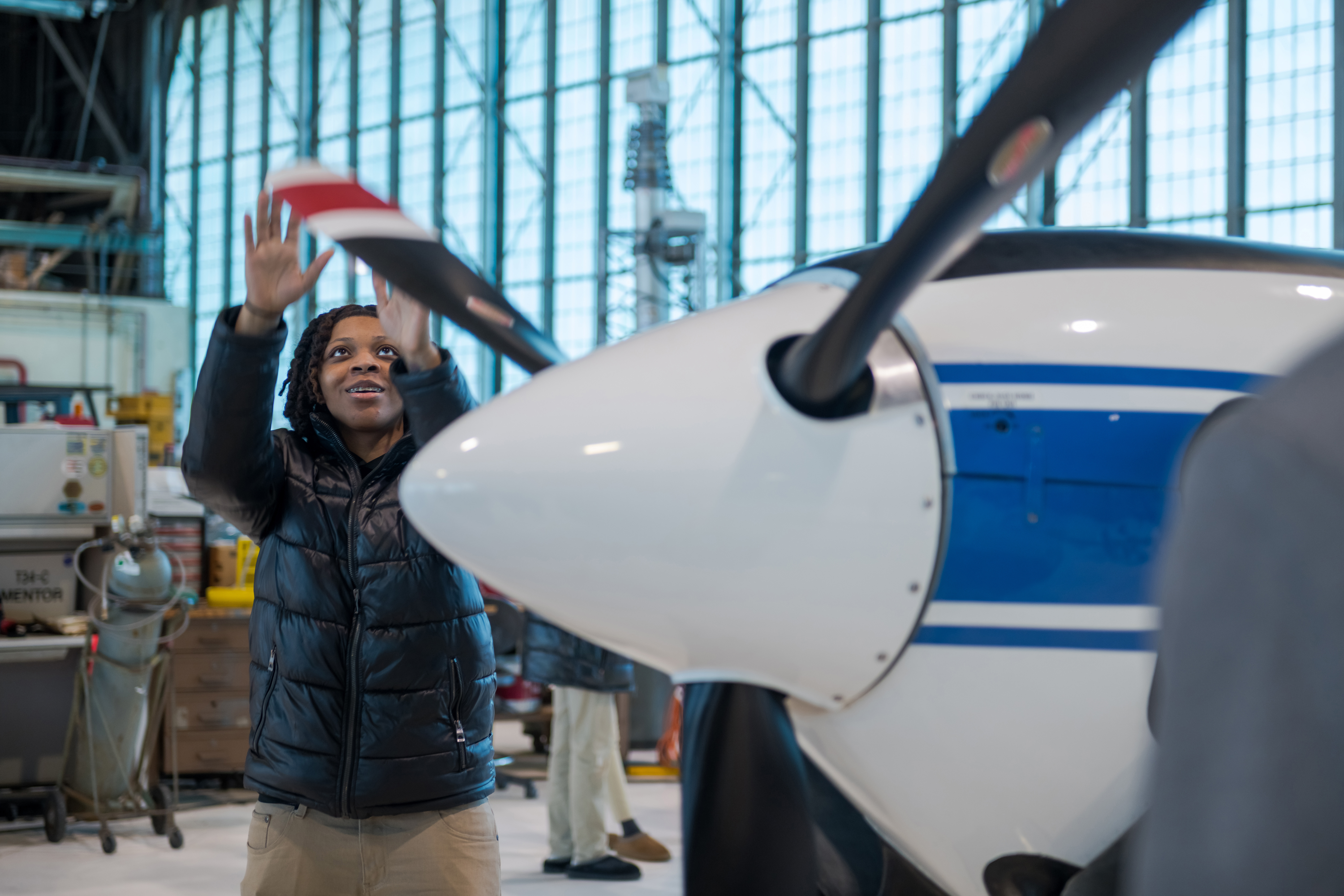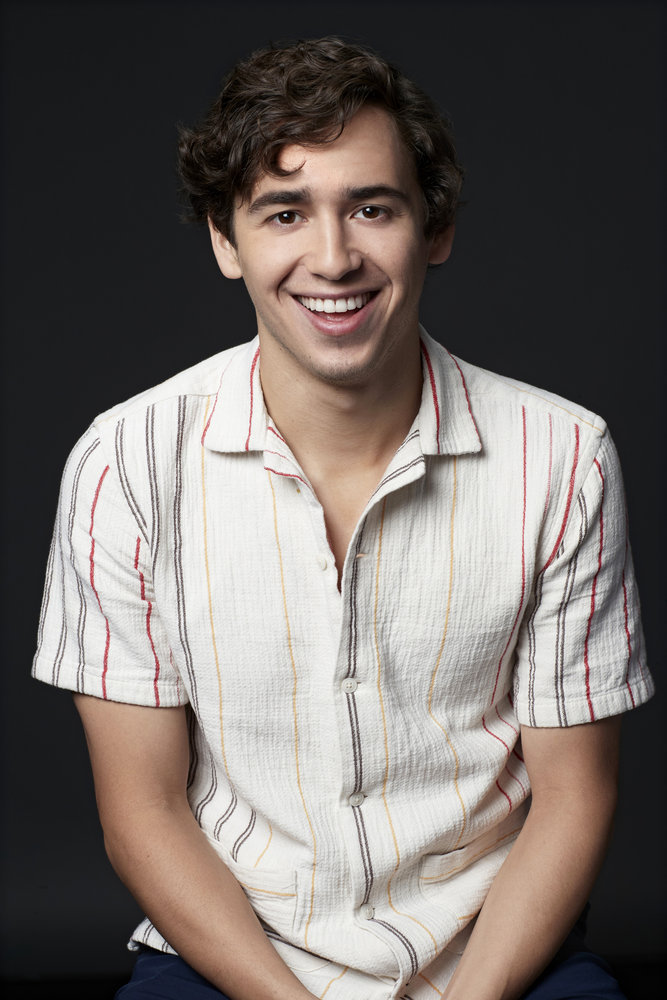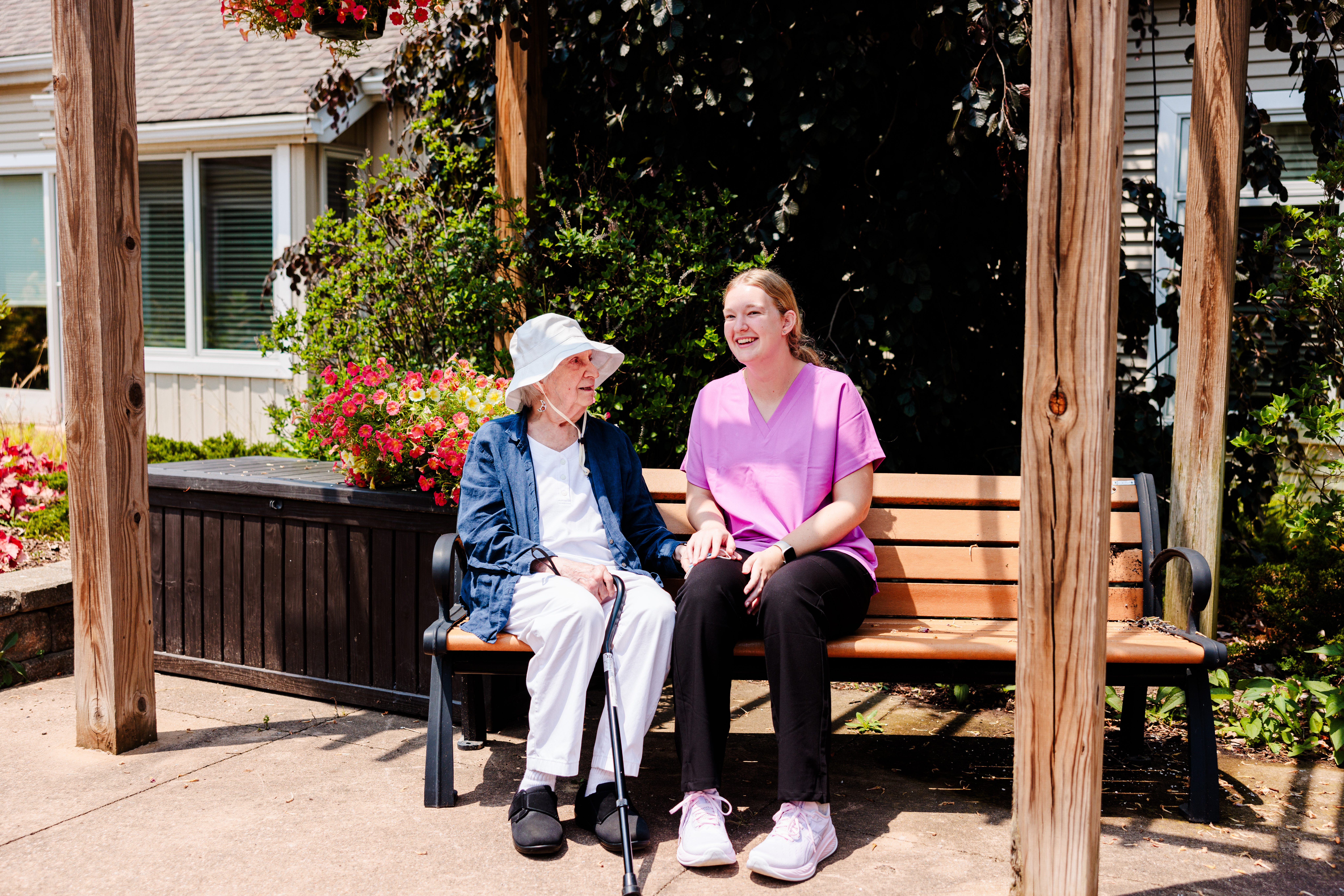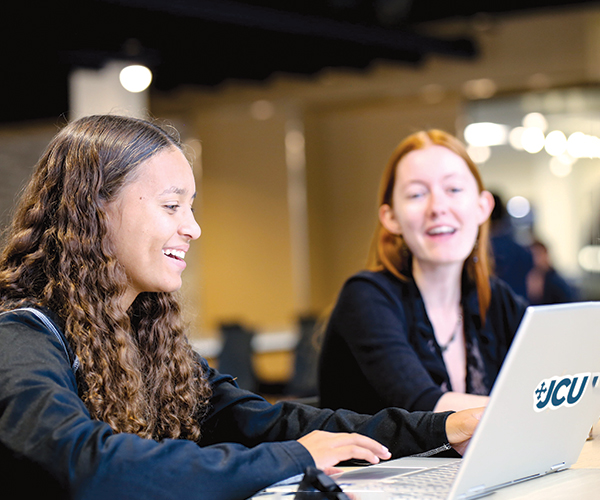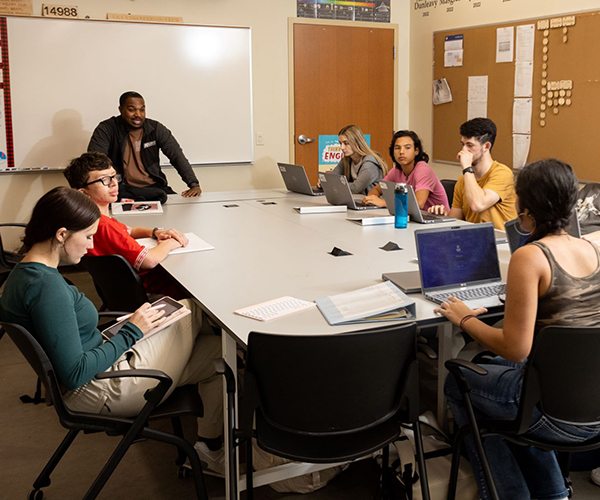Summer Camp Guide: Get Out and About
by Kristen Hampshire | Feb. 3, 2017 | 7:00 PM

Courtesy Laurel School
Christa Bomeli spent childhood summers playing made-up games in the backyard with her neighbors. “But in today’s day and age … ” she says as the memory wistfully disappears like ice cream in August.
School recess is abbreviated. Outdoor play at home is limited. So when the Solon mother chooses a camp for her 10-year-old daughter and 6-year-old twins, a boy and girl, she considers what opportunities they don’t receive every day.
“For me, being outdoors in nature is really important, because kids don’t get out enough,” Bomeli says. “The school year is full of activities. Summer needs to be rejuvenation time.”
Last year, Bomeli sent her children to TimberNook of Greater Cleveland, an outdoors day camp in Richfield with a play-based curriculum that helps develop social skills, improve coordination and encourage creativity. In other words, the type of physical and psychological benefits we gain from just getting outside.
Angela Hanscom, a pediatric occupational therapist and author of Balanced & Barefoot, founded TimberNook in New Hampshire in 2011 after she noticed more kids struggling with attention, balance and problem-solving. About 10 camps throughout the country now use Hanscom’s methods, including the one at Richfield Heritage Preserve. With woods, streams, hills, stables, wide open space and fresh air, TimberNook of Greater Cleveland is exactly what Bomeli wanted for her children.
“One of my twins is a germaphobe. She has to be neat and clean,” Bomeli says. “She came home from camp every day covered in mud. To me, that means it was a success.”
Her son, who has an auditory processing delay, felt at home in the camp setting, where he could explore on his own time and was supported by the staff.
Groups of 20 kids, ages 4 to 13, have no idea they’re learning while playing outdoors. The camp environment offers a refreshing reset button for many, says Rebecca Bowen, who heads into her third season as co-director of TimberNook of Greater Cleveland.
At TimberNook, camp games and activities help kids learn to prioritize and even build on executive functioning skills. Bowen has witnessed the results even in kids who previously struggled to complete everyday tasks such as getting ready for school.
In one of the challenges at TimberNook, for example, campers are given bedsheets, a few two-by-fours and some old tires and are told, “Figure out what to build.”
“That requires cognitive planning skills,” Bowen says. “That transfers back home, and kids start thinking, I’m going to school. What do I need to get ready?”
For many parents, the prospects of picking a summer camp for their kids is as daunting as being handed those sheets, wood and discarded rubber and building a backwoods mansion. Balancing everyone’s schedules and interests with budgets, other commitments and family time can be unnerving.
And with more than 14,000 day and resident camps in the United States, according to the American Camp Association, it’s important for parents and children to consider what they want out of a camp.
“Camp is important for so many different reasons,” says Susan Faler, director of summer programs at Magnificat High School. “And it’s mainly so children can gain different experiences.”
With so many choices in summer programming — from day camps to sports and enrichment camps to sleepaway camps — where do parents begin to tease through the options and find the right fit for their children? Among all the moviemaking, cake-baking, computer-coding, horseback-riding and other camp activities, where will your child find the best place to build self-confidence, try new things, make lasting friendships and have a good time?
“When your child leaves [camp], they should have matured in some way, whether physically or socially, getting along with others or finding a leadership role within them,” says Rhonda Rickelman, director of auxiliary programming at Gilmour Academy.
With about 10 weeks to spend this summer, here is a guide to help you make the most of the time away from the classroom.
Smart Choices
The Great Lakes Science Center encourages its campers to stay curious — no matter their interests.
“We want campers to experience the funnest fun, have extreme challenges and make unforgettable memories,” says Monica Akerley, a science teacher at Bethany Lutheran School in Parma and counselor overseeing the science center’s day camps.
Often those results begin by sparking an inquisitive mind, whether it’s in the Superhero Science camp, in which preschool kids create their own characters and learn about the amazing powers of living things, or during the Junkyard Wars camp, where middle-schoolers form teams to build machines, bridges and other structures out of recycled materials. With more than 100 day camp sessions at the science center downtown, Laurel School in Shaker Heights, and Lee Burneson Middle School in Westlake, the curriculum provides an engaging mix of games, friendly competition and scientific experiments.
“I love seeing that lightbulb moment in kids when you are pushing them and they have that ‘eureka!’ ” Akerley says.
It’s an important lesson for many parents and campers alike: Kids often have the most fun when they approach camp with an open mind and willingness to try new things.
Great Lakes Science Center CEO Kirsten Ellenbogen suggests summer camp experiences that allow kids to sample something new while also indulging existing interests. As the mother of a 10-year-old son and a 12-year-old daughter, Ellenbogen points to a science center camp that taps into her daughter’s love of music as an example.
“It’s everything from the acoustics and science behind sound all the way to the technology you need to make your own music and music videos,” she says. “I am really happy we have these entry points where you can take children’s love of music and music videos, and give them a chance to explore.”
For older children, camp can even be a low-risk way to envision what a career path in a certain field might look like. For a child with designs on a future in medicine, for example, the science center offers a high school level Pediatric Doctor camp in which participants spend time with medical professionals at local hospitals. Likewise, fourth- and fifth-graders in the CEO in Training camp can
create their own business plan with the help of local female entrepreneurs.
“The programs allow kids to see science as fun and to possibly pursue it as a serious career,” says Akerley.
Camp can also be a place to explore the unknown and test your limits. Ellenbogen points to the science center’s girls-only Welding Workshop camp for grades 6 through 8 as a place to build confidence, leadership skills and social awareness. The program, which is held in an actual welding lab and teaches girls how to solder circuits, braze metal and more, was inspired by a maker movement conference Ellenbogen attended at the White House.
“Show me a 12-year-old girl who knows how to weld,” she recalls the conference speaker urging, “and I’ll show you a girl who knows she can do anything.”
Second Act
Emma Barker had been attending the Music Settlement’s Music Builders summer arts camps, which combine music, dance and theater, since she was 5.
But last summer, the 14-year-old participated in her first two-week piano camp.
It was a stretch for Emma, who has learning differences and is involved in the school’s music therapy program. But her family worked with an inclusion counselor to adapt the curriculum and fit her needs.
“The camp really gave her a boost of self confidence and her social skills started blossoming,” says her mother, Shannon. “The difference I saw from the beginning to the end of camp was she was interacting and socializing and just the joy on her face.”
Her piano playing improved too.
At first, Barker says, Emma wasn’t sure about attending the camp. “We were pushing her out of her comfort zone,” Barker says. “It’s hard to make those unknown decision for your children, especially when it comes to a child with a different learning style.”
But after the first day, Emma’s inhibitions faded and were replaced by a brimming smile. By the end, she told her mom, “I can’t believe this is over. I’m having so much fun.”
With more than 20 summer offerings ranging from a new singing, dancing and acting class to Art and About camp for preschoolers, the Music Settlement offers programming for all types of learners and age groups.
The Music Safari camp for ages 4 to 6, for example, is a half-day program that introduces campers to the instrument families. “This is a good opportunity for children to have fun and play around with different instruments that are suitable for them at their age,” says Lynn B. Johnson, director of marketing and communications. “Then they can think about taking private lessons from there.”
But even if your child isn’t the next
Yo-Yo Ma, studies have found that early music training helps kids develop listening and fine motor skills, work better in teams and enhance critical thinking skills, according to the National Association of Music
Merchants Foundation.
At Magnificat High School, a partnership with Great Lakes Theater allows young thespians to indulge their interests in the stage. Guided by professional actors, the camp concludes with a student-run performance.
“Students learn to memorize lines [and] think on their feet,” says Susan Faler, Magnificat’s director of summer programs.
From problem-solving and self-confidence to mental discipline and working with others, the benefits extend beyond the theater. “It gives them different experiences,” she says.
The Rocky River all-girls school offers coed day camps, athletic camps and enrichment camps for grades 1-8, including themed programs built around cooking, art and Harry Potter. A Magic of Fairy Land camp for grades 1-3 includes building a garden, making furniture, dressing in costume and living like a fairy for a week.
“If they’re interested in fairies or Harry Potter,” Faler says, “they’re going to be with children who are also interested in Harry Potter. And that enthusiasm is contagious.”
At Laurel School, a partnership with the Cleveland Museum of Art opens doors for students to explore drawing, painting, sculpting and printing. During Laurel’s printmaking camp, for instance, students in grades 8-12 spend a half-day working with teachers at the museum and the other half at Laurel’s campus.
“The key is to find something that meets your child’s interests or passions, and also challenges them,” says Karen Edwards, director of Summer at Laurel.
Service Station
At St. Ignatius High School’s Arrupe Neighborhood Partnership summer program, it’s often tough to tell who’s having more fun — the campers or the counselors.
During the five-week, coed day camp, 70 high school counselors work with about 175 third- through eighth-graders who live in the West Side neighborhoods near the all-boys school.
“The high-schoolers teach, mentor [and] coach. They are with the campers on field trips and at lunch,” says John Gill, executive director of the partnership. “They grow friendships with kids from different cultures, races and socioeconomics. And, the kids in the neighborhood get a great summer experience that is free.”
The camp includes classes in science, language arts, math and healthy habits. They also use the same math and reading software as area schools, so campers can access their accounts and continue learning during summer. Arts activities, sports and field trips to the Cleveland Metroparks and to see Finding Dory at Tower City Cinemas add to the daily fun.
“It’s less structured than the school year,” Gill says. “But we are keeping the young minds busy.”
Every year, new campers from the neighborhood participate and many return. High school counselors from St. Ignatius and other area schools break 40 minutes during the day to participate in a service-learning class. Sometimes, neighborhood campers even return to be high school counselors who learn mentorship, patience and understanding.
“We equate service with faith and civic duty,” Gill says. “The more our counselors learn the campers’ stories, the more their patience grows.”
Katy Gibbons’ two children, Dominic and Roisin, participated as counselors in Arrupe before their sophomore year in high school. Each was assigned a child to mentor, and truly had to walk with their campers. No cellphones. No packed lunches. “No extras were allowed,” Gibbons says.
The counselors were right there with the campers through all the ups and downs.
“It’s different than attending a sports or academic camp,” Gibbons says. “They came home very tired.”
The counselors meet the campers where they are and guide them through a summer growth experience. “In the end, they realize, Wow, we achieved something,” Gibbons says. “That is pretty neat.”
Out Play
Getting outdoors to simply play can promote social thinking, problem-solving and conflict resolution skills.
Rebecca Bowen recalls one TimberNook session in which young campers adopted a fallen tree as a castle.
“As the week went on, it became more elaborate — then there was a king, a queen, and an elaborate play universe,” says Bowen. “They didn’t want the day to end.”
Often when kids arrive at camp they ask, “What’s next?” Bowen says. Trained by structured, high-speed schedules, they want to know the plan.
While TimberNook certainly has one in mind, it’s rooted in engaging the mind, body and senses not based on the clock. Campers are given the tools and supports to play in nature without stringent rules.
“Our staff is trained to help campers learn to mediate their own conflicts and solve problems, which some are not used to doing,” Bowen says.
Often, outdoor experiences can build confidence and give a child the push to try new things in life. That’s what Laura Overman learned when her 10-year-old son, Jack, participated in Gilmour Academy’s outdoor adventure camp.
“It seemed like the perfect thing for him to spend a week outside hiking, swimming and fishing,” Overman says. Jack loves the outdoors and participates in Cub Scouts, but the family doesn’t go camping often.
“We don’t get to do that a lot,” she says.
The only catch: an overnight camping trip. Jack doesn’t like ghost stories and was frustrated with archery. Overman’s concerns were allayed at a pre-camp meeting, where she was assured that the overnighter and complete program was nature-based. (No ghost stories.) And certified experts in archery and fishing would be working with the kids.
“You definitely want to know the background of the staff and what curriculum the camp follows,” Overman says of deciding on a camp. “This adventure camp was designed to get kids in harmony with nature, and it did help build Jack’s confidence.”
The kids hiked and learned about berries. (Jack surprised friends at a party later that summer by eating some safe berries he found outdoors.)
The campers learned to fish, and during the overnighter they spent time identifying nature sounds. Jack learned to use a bow and arrow with a resistance he could handle, which renewed his interest in archery.
The camp even included a survival skills session. “That’s so important, because we live in such a digital age now,” Overman says. “To be able to use your senses when you can’t rely on technology is important.”
Sleep Away
Overnight camp is a milestone for children and their families. Packing up to spend a few nights or weeks away teaches life lessons about preparation, overcoming fears, taking risks and making friends.
“Every kid who comes to camp makes a new friend and has a chance to reboot their social scene,” says Matt Poese, executive director of Camp Fitch YMCA.
For kids who feel stuck in an identity after attending the same school for years, this refreshing change of scenery is important.
“They come to camp and tell us they get to be themselves,” Poese says. “That’s a very liberating and transformative experience.”
Located along Lake Erie in North Springfield, Pennsylvania, Camp Fitch YMCA offers watersports and other activities you’d expect at an overnight venue: horseback riding, archery, hiking, swimming and games.
But that stuff is bait, Poese says. What campers find are relationships and opportunities to achieve.
“Our philosophy is to help build independence and to help kids practice making friends,” Poese says.
Overnight camp is a tradition for some families. For others, the idea of sending a child away untethered to technology (check your cellphones at the door, kids) is daunting. Cue the reel of what-ifs.
“The biggest hurdle is parents’ own fears,” Poese says. “We try to work with parents in the preseason to help them address those.”
When choosing an overnight camp, Poese recommends digging beyond the “what” in terms of offerings and finding out “why.” For example, why does the camp have a 100-year legacy? Why does the camp offer those activities? What’s the real purpose behind the paddleboarding and orienteering?
“For us, it’s simple,” he says. “It’s about friendship.”
Asking “why” applies to any camp, whether a weeklong program close to home or a sleepaway camp in another state.
And, so does the “who.”
“Look hard into what commitment the camp makes to staff orientation and skill-building,” Poese says. “Kids come from unique circumstances, and we want our staff to have that toolbox so they can help a kid get through whatever they are dealing with to make sure they have a fantastic week.”
Trending
-
1
-
2
-
3
-
4
-
5

